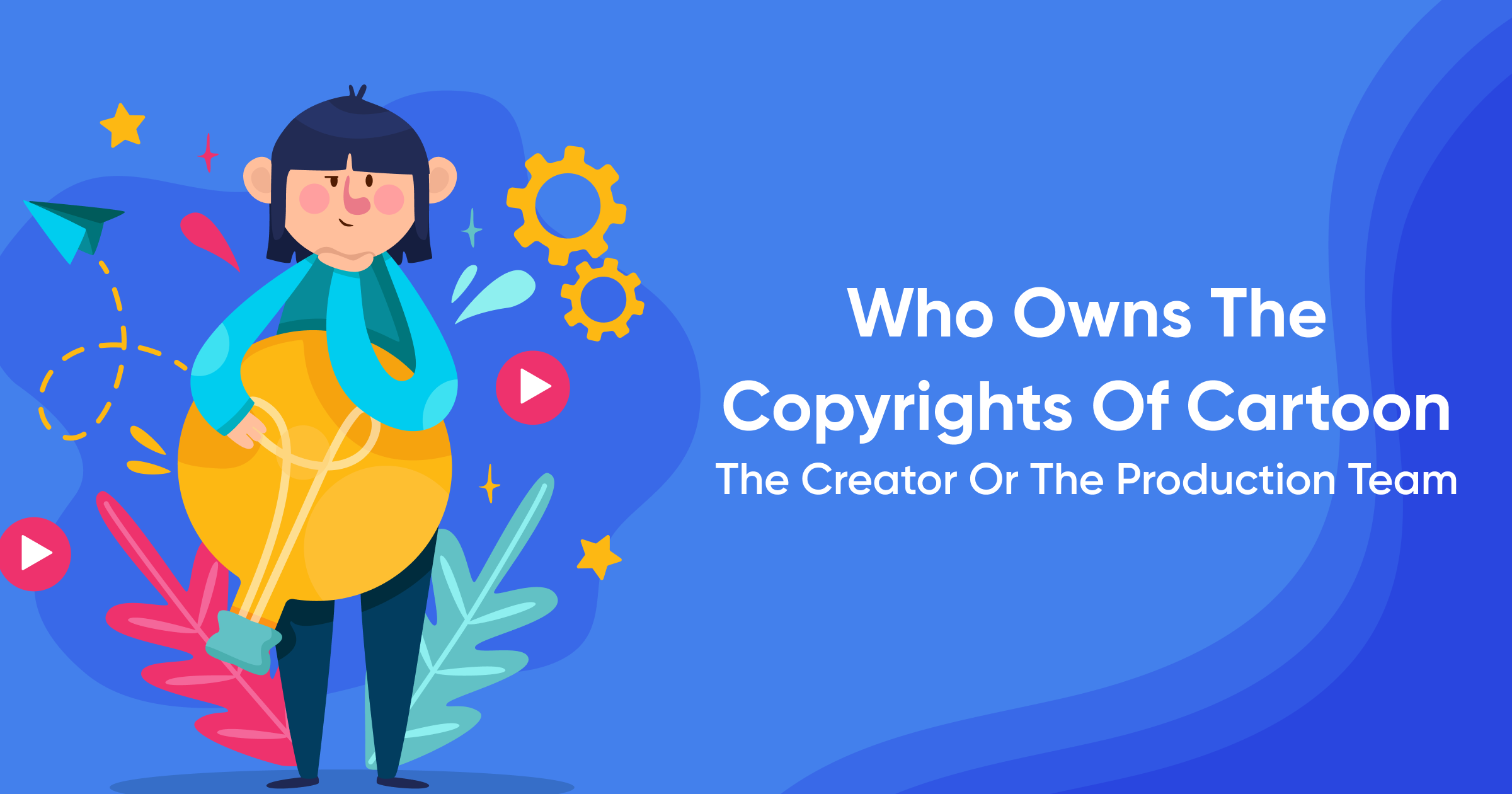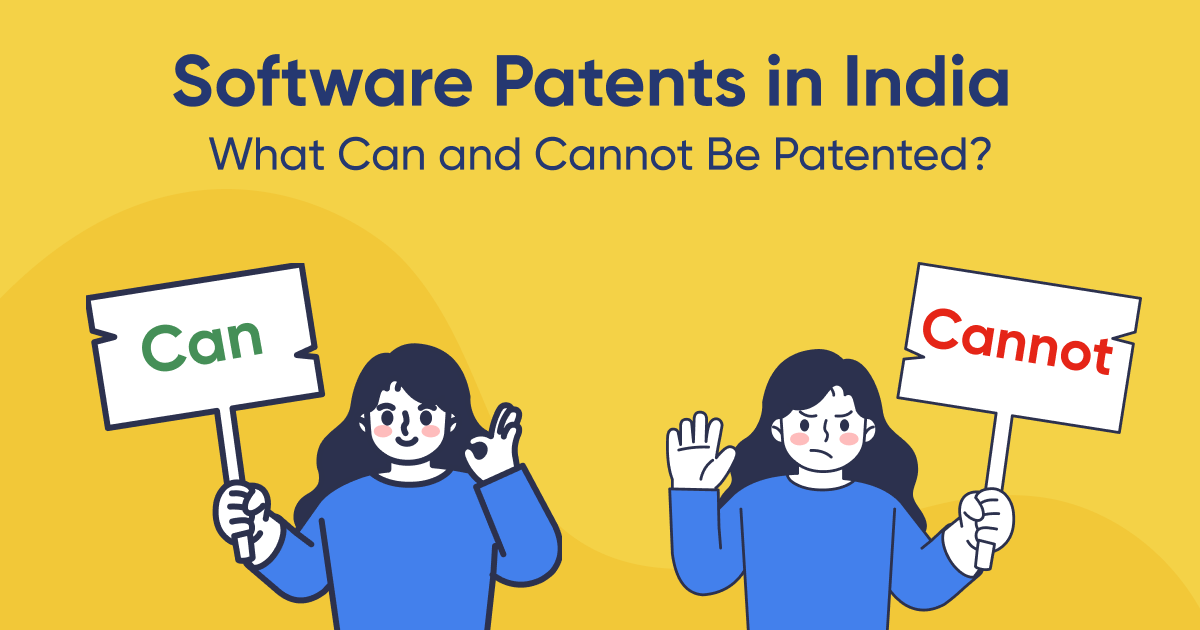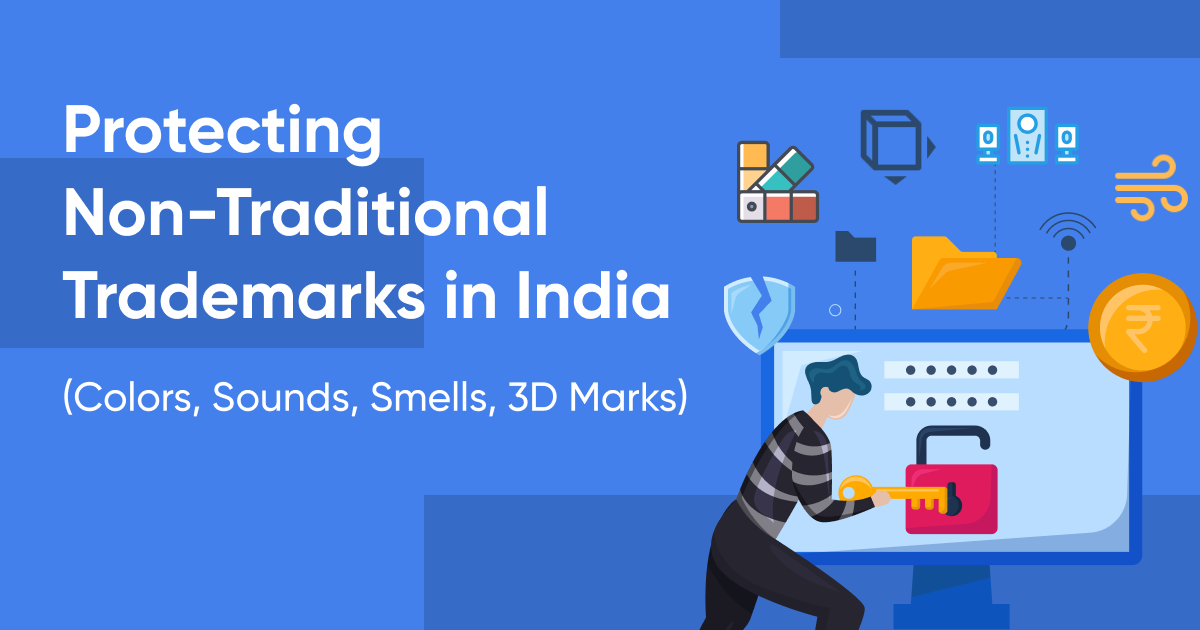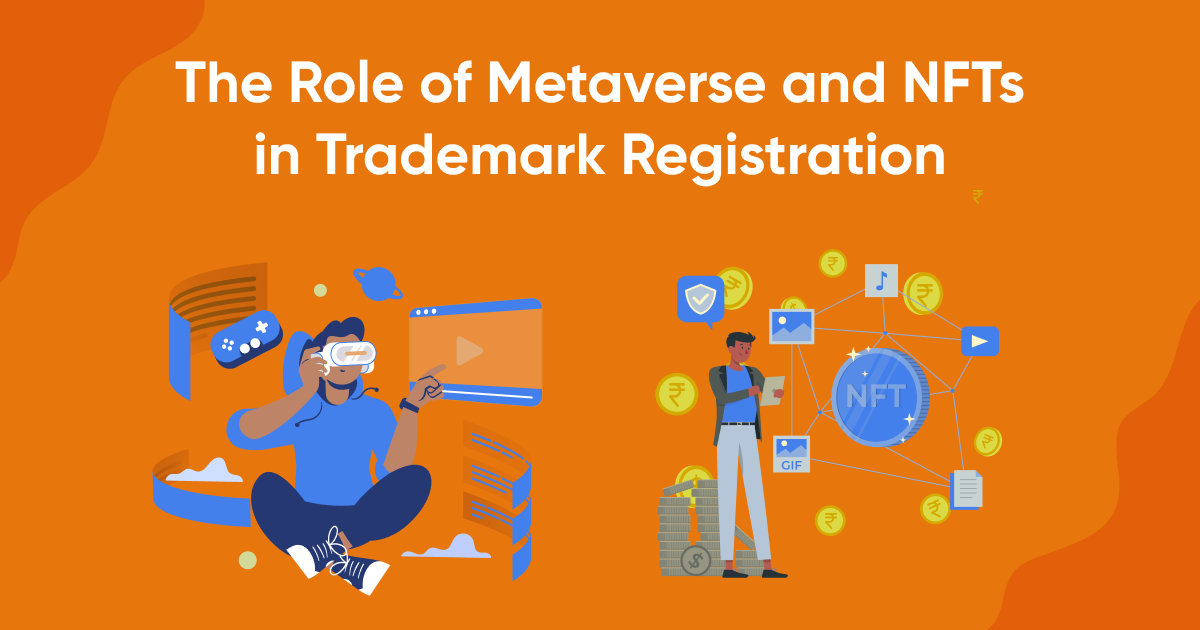Copyright ownership of cartoons often raises questions about whether the rights belong to the original creator or the production team involved in bringing the cartoon to life. In India, as in many other countries, copyright laws provide guidance on ownership, licensing, and the transfer of rights. Understanding who owns the copyright is essential for creators, production companies, and audiences alike.
This blog delves into the nuances of cartoon copyright ownership, focusing on the Indian perspective, and examines the role of copyright law in protecting the creative work of individuals and teams.
Copyright in Cartoons: An Overview
Cartoons are protected under copyright as original artistic and literary works. Copyright gives the owner exclusive rights to reproduce, distribute, and adapt the work. However, determining ownership can be complex and depends on the circumstances under which the cartoon was created.
The Creator’s Rights
The creator—whether a writer, illustrator, or animator—is typically the first owner of the copyright in their work. This means they have the exclusive right to:
- Reproduce the Work:
- Create copies of the cartoon.
- Distribute the Work:
- Share the cartoon through various channels, including television, digital platforms, and merchandise.
- Adapt the Work:
- Transform the cartoon into other formats, such as movies or games.
However, these rights can be transferred through agreements or contracts, altering the ownership landscape.
The Role of Production Teams
When a cartoon is created as part of a larger production, ownership of the copyright often shifts to the production company. This is particularly true in the following scenarios:
- Work for Hire:
- If the creator is employed by a production company to create the cartoon, the company typically owns the copyright.
- Commissioned Work:
- When a creator is hired to develop a cartoon under a contractual agreement, the copyright may be assigned to the commissioning party.
- Joint Authorship:
- If multiple individuals contribute to the creation, copyright is shared unless an agreement specifies otherwise.
Key Factors Determining Ownership
- Employment Contracts:
- Creators working under an employment agreement with a production team usually relinquish their rights to the company.
- Agreements and Assignments:
- Copyright can be assigned or licensed to the production team through written agreements.
- Collaborative Contributions:
- In collaborative works, ownership depends on the roles and contributions of each party and any agreements in place.
Indian Copyright Law and Cartoons
Under the Indian Copyright Act, 1957, the first owner of a copyright is generally the creator. However, exceptions exist for works created under employment or contractual obligations.
Work Created Under Employment
- If the cartoon is created during the course of employment, the employer (production company) owns the copyright unless the contract states otherwise.
Commissioned Works
- For commissioned works, the copyright owner is determined by the terms of the agreement between the creator and the commissioning party.
Joint Authorship
- In cases of joint authorship, all authors share equal rights unless specified differently in an agreement.
Challenges in Determining Ownership
- Lack of Clear Contracts:
- Ambiguities in agreements can lead to disputes over copyright ownership.
- Misunderstanding of Rights:
- Creators and production teams may lack awareness of their rights and obligations.
- Global Distribution:
- International collaborations may involve different copyright laws, adding complexity.
Benefits of Clear Ownership Agreements
- Avoiding Disputes:
- Clearly defined agreements reduce the risk of ownership conflicts.
- Easier Licensing:
- Clear ownership facilitates licensing deals for distribution, merchandising, and adaptations.
- Enhanced Collaboration:
- Transparent agreements foster trust and cooperation between creators and production teams.
Conclusion
The question of who owns the copyright of a cartoon depends on various factors, including the nature of the creator’s involvement, contractual agreements, and employment terms. In India, creators are the default owners unless rights are transferred to production teams through agreements.
To avoid disputes and ensure smooth collaborations, clear contracts and legal guidance are essential.







